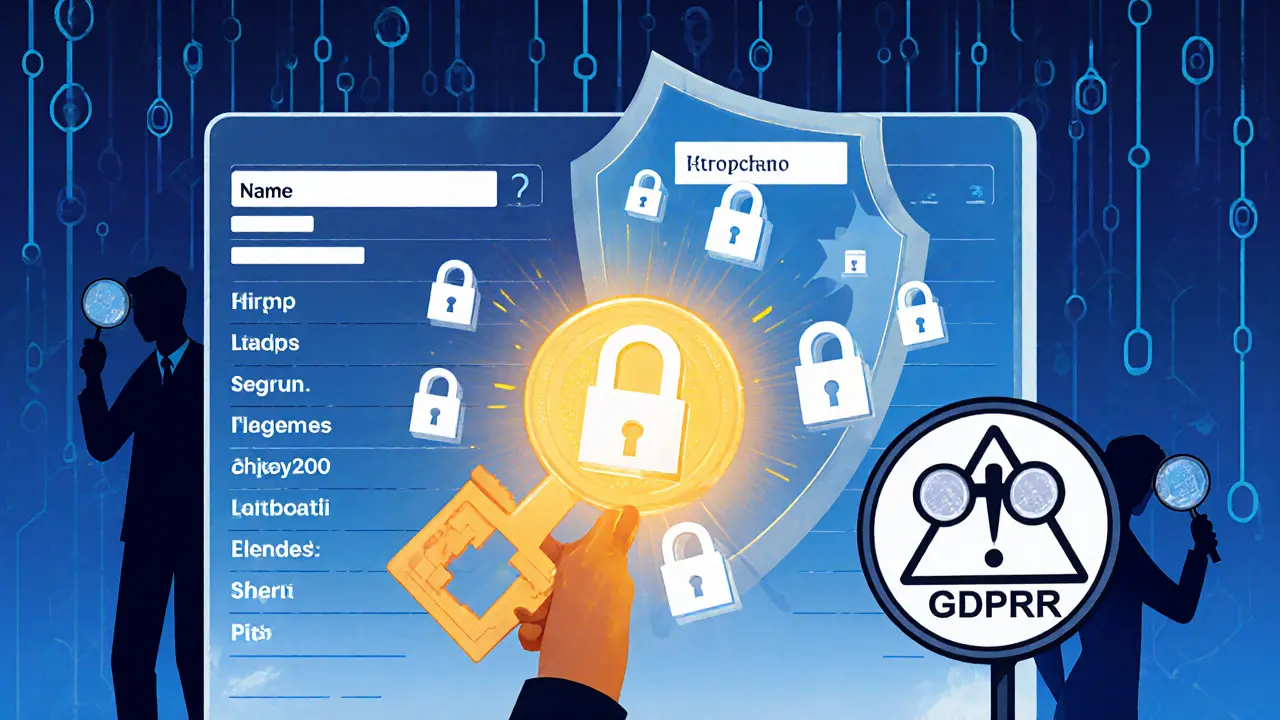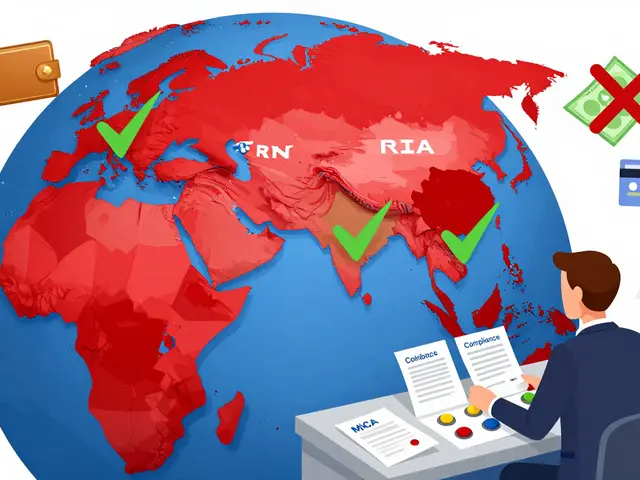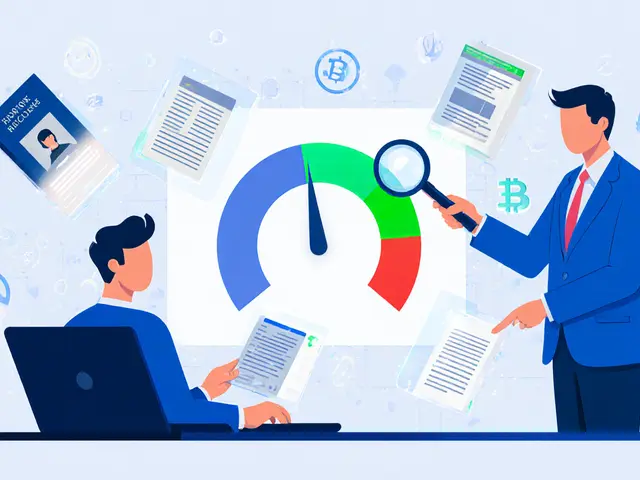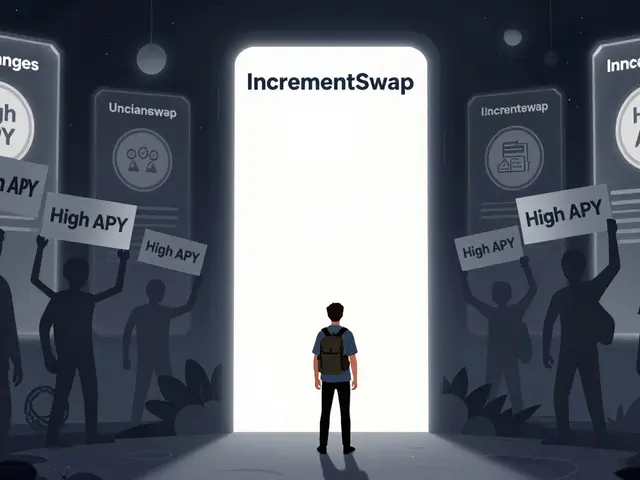Privacy in Blockchain: What It Really Means and Why It's Hard to Get
When people talk about privacy in blockchain, the ability to control who sees your transactions and identity on a public ledger. Also known as blockchain anonymity, it’s one of the most misunderstood ideas in crypto. Many assume that because Bitcoin and Ethereum are decentralized, they’re also private. But that’s not true. Every transaction is recorded forever on a public ledger. Your wallet address, how much you sent, when you sent it—everyone can see it. If someone links your address to your real name, your whole financial history becomes public.
That’s why transaction tracing, the process of following crypto movements across wallets and exchanges to identify users is a growing industry. Governments, forensic firms, and even hackers use tools to track down criminals, but they also end up tracking ordinary users. In 2024, Chainalysis reported that over 60% of Bitcoin transactions could be linked to real identities using just public data. And it’s not just Bitcoin. Even newer chains with "privacy features" often leak metadata—like timing, amount ranges, or wallet interaction patterns—that gives you away.
Then there’s blockchain surveillance, the systematic monitoring of blockchain activity by regulators and platforms to enforce compliance. Exchanges like Coinbase and Binance now freeze wallets flagged by government agencies. If you send crypto to a wallet that once received funds from a darknet market—even years ago—you might get locked out. Privacy tools like mixers or Zcash’s shielded transactions help, but they’re not foolproof. Some are outright banned in places like the U.S. and EU. And if you use them, you’re not just dodging scrutiny—you might be drawing more attention.
So what’s left? Real privacy in blockchain isn’t about hiding everything. It’s about minimizing exposure. Using new addresses for every transaction. Avoiding centralized services that ask for ID. Choosing chains that actually encrypt transaction data—not just pretend to. And understanding that if you’re using a popular wallet or exchange, your privacy is already compromised by design.
The posts below dig into exactly how this works in practice: how cross-chain bridges leak user data, why some "anonymous" tokens are just marketing, how governments track crypto users, and which tools still offer real protection. You’ll find real cases—not theory—on who gets caught, how, and what you can actually do differently tomorrow.






